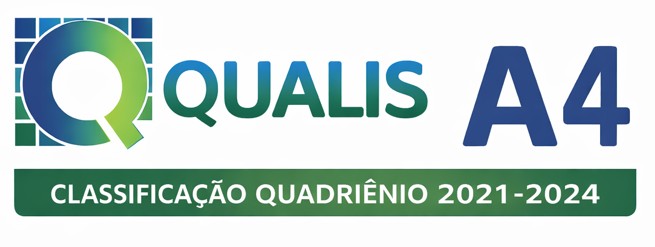Educação infantil e livro didático: uma análise crítica
a critical analysis
Palavras-chave:
Educação Infantil., Livro didático., Leitura., Escrita.Resumo
As políticas públicas relacionadas ao Programa Nacional do Livro e do Material Didático fizeram emergir, nos últimos anos, discussões acerca da adequação do uso de livros didáticos na primeira etapa da educação básica. Este artigo insere-se neste debate e tem como objetivo geral analisar relações entre educação infantil e livro didático indicados para essa etapa. Para tanto, temos como objetivos específicos: a) investigar a concepção de criança e a finalidade da educação infantil presentes nesses livros didáticos; b) compreender a concepção de aprendizagem inicial da língua escrita presente nos livros didáticos propostos para educação infantil. A metodologia do estudo seguiu os pressupostos da abordagem qualitativa, conforme Lüdke e André (2013), e privilegiou a análise documental (ALVES-MAZZOTTI; GEWANDSZNAJDER 1999) de três livros didáticos indicados para as crianças de quatro e cinco anos. Para o tratamento das informações, empregamos a análise de conteúdo temática, segundo Bardin (2016). As conclusões apontaram que, nos livros analisados: a) coexistem diferentes concepções de criança - passiva e ativa; b) coexistem funções sociais e educativas distintas - preparação para o ensino fundamental, formação cultural e desenvolvimento integral das crianças; c) as concepções de alfabetização abrangem de uma visão restrita à perspectiva de alfabetizar letrando; d) as práticas de letramento podem ou não estar presentes nos livros didáticos.










